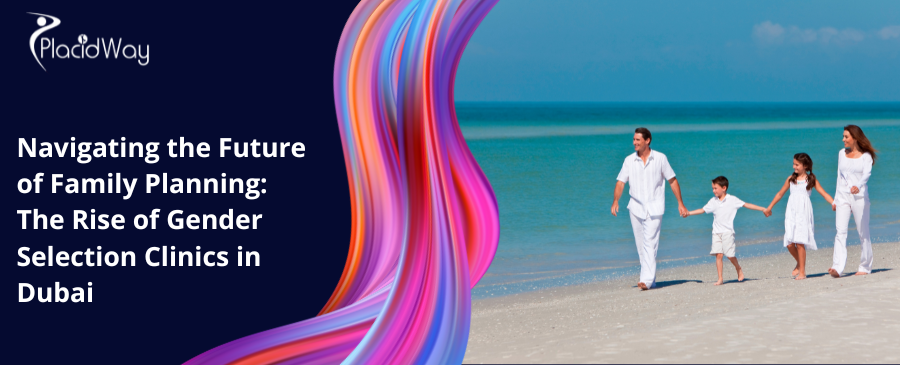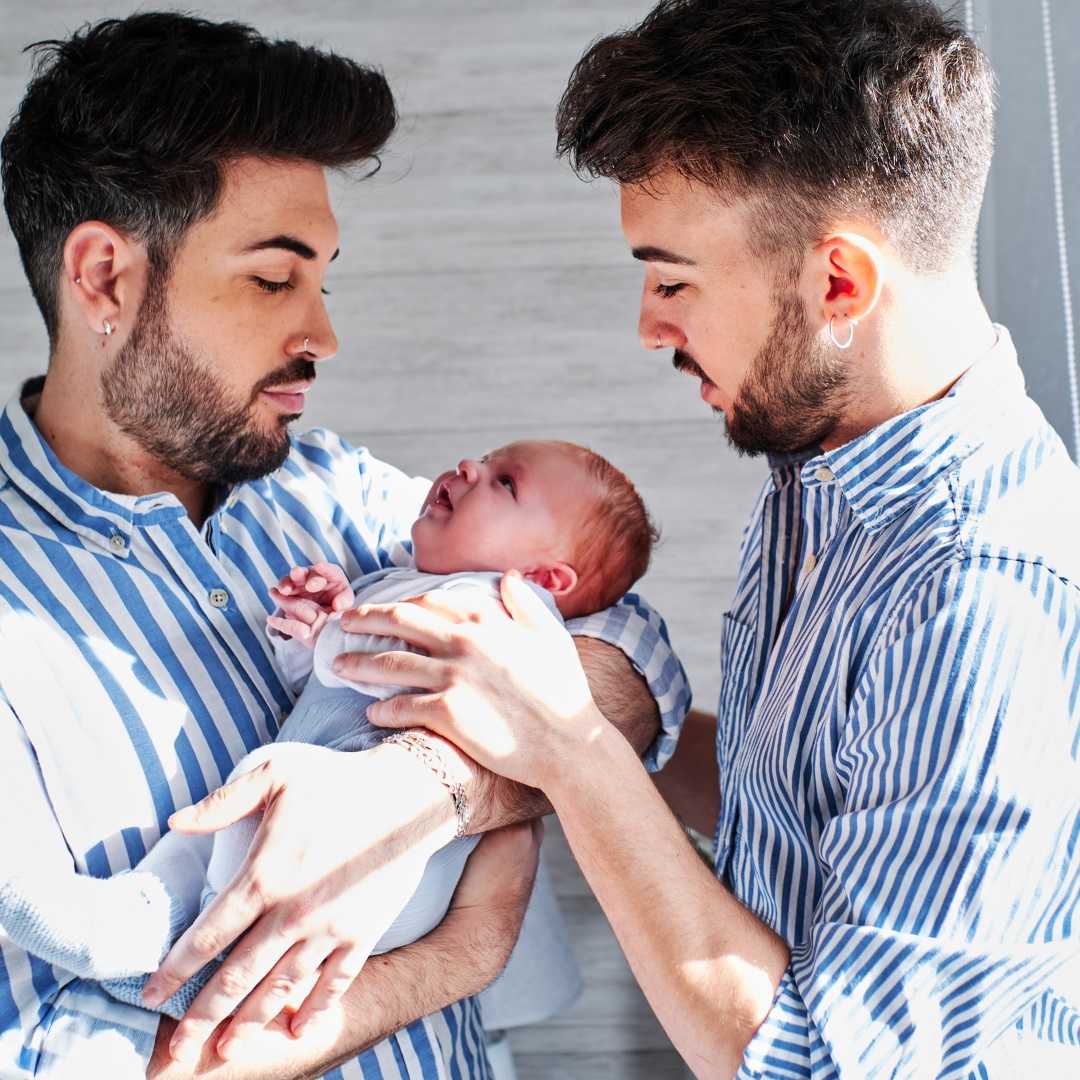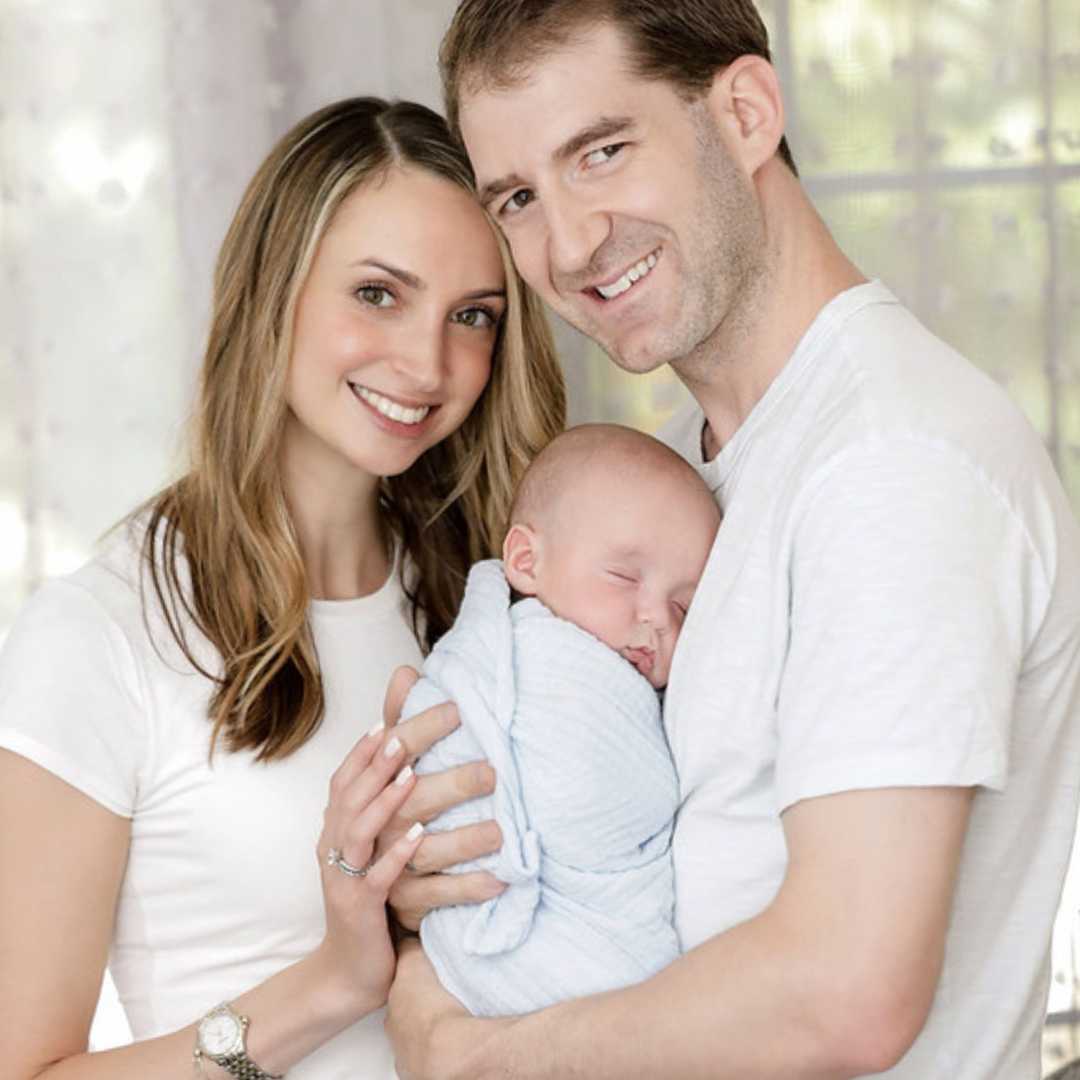Dubai's Gender Selection Clinics & Family Planning Future

In the heart of Dubai, a city known for its architectural marvels and futuristic endeavors, a new kind of service is gaining momentum—gender selection clinics. These clinics, which offer families the chance to choose the gender of their future children, represent a significant leap in reproductive technology and raise various ethical, cultural, and medical discussions. This blog post delves into the world of gender selection in Dubai, exploring its implications, the technology behind it, the ethical debate, and its impact on society.
Understanding Gender Selection
Gender selection, also known as sex selection, is a medical procedure that allows parents to choose the sex of their child. The most common method used is Preimplantation Genetic Diagnosis (PGD) alongside In Vitro Fertilization (IVF), where embryos are screened for genetic disorders and their gender. Only the embryos of the desired gender are implanted in the uterus.
The Technological Breakthrough
The technology behind gender selection has evolved significantly over the years. Initially, methods like sperm sorting were used, which had lower success rates. Today, PGD combined with IVF boasts success rates close to 99%, making it a reliable option for families. This advancement has not only improved the success rates but also reduced the ethical concerns by ensuring the process is safe and effective.
Dubai: A Hub for Gender Selection Clinics
Dubai has emerged as a leading destination for couples seeking gender selection services. The city's commitment to adopting cutting-edge medical technologies, along with its liberal approach to medical tourism, has made it an attractive location. Clinics in Dubai are known for their high-quality services, experienced professionals, and adherence to international standards.
Ethical Considerations
The rise of gender selection clinics brings forth a plethora of ethical considerations. Critics argue that it could lead to gender imbalances and reinforce gender stereotypes. Others raise concerns about the "designer baby" scenario, where the ability to select a child's gender might lead to further genetic customization for non-medical reasons.
Proponents, however, highlight the importance of reproductive autonomy. They argue that gender selection can be a vital tool for family balancing, where parents wish to have children of both genders. Additionally, in cultures where gender plays a significant role in family and societal structures, this technology can be seen as a way to meet cultural expectations while avoiding the ethical dilemmas associated with other methods of gender selection.
Cultural Impact in Dubai
Dubai's multicultural landscape provides a unique backdrop for the adoption of gender selection technologies. The city's population comprises people from various cultural backgrounds, each with their own perspectives on family and gender. The availability of gender selection clinics offers these diverse communities the ability to make reproductive choices that align with their cultural and personal values.
Regulatory Framework
The United Arab Emirates has established a regulatory framework to oversee the practice of gender selection, ensuring that it is done within ethical boundaries. These regulations are designed to prevent misuse and address potential societal impacts, such as gender imbalances. Clinics are required to adhere to strict guidelines and are monitored to ensure compliance.
The Future of Family Planning
The rise of gender selection clinics in Dubai represents a broader trend towards personalized reproductive healthcare. As technology advances, prospective parents are offered more options to make informed decisions about their families. This shift towards personalized planning underscores the importance of ethical considerations and regulatory oversight to balance individual choices with societal impacts.
Navigating the Ethical Landscape
As we move forward, it is crucial to navigate the ethical landscape with care. Discussions and debates on the implications of gender selection should involve a wide range of stakeholders, including ethicists, medical professionals, and the public. By fostering an open dialogue, we can ensure that advances in reproductive technology serve to enhance family planning in a responsible and ethical manner.
Get Gender Selection in Dubai
The rise of gender selection clinics in Dubai is a testament to the city's position at the forefront of medical innovation. While the technology offers unprecedented opportunities for families, it also challenges us to consider its ethical, cultural, and societal implications. As we look to the future, the ongoing evolution of family planning technologies like gender selection will continue to spark important conversations about the kind of society we wish to build and the role of choice in shaping our families.
By embracing both the possibilities and the challenges, Dubai is not just navigating the future of family planning; it is helping to define it. In this dynamic landscape, the key will be finding a balance that respects individual freedoms while safeguarding the collective good, ensuring that the advancements in reproductive technologies enrich our societies in thoughtful and inclusive ways.














